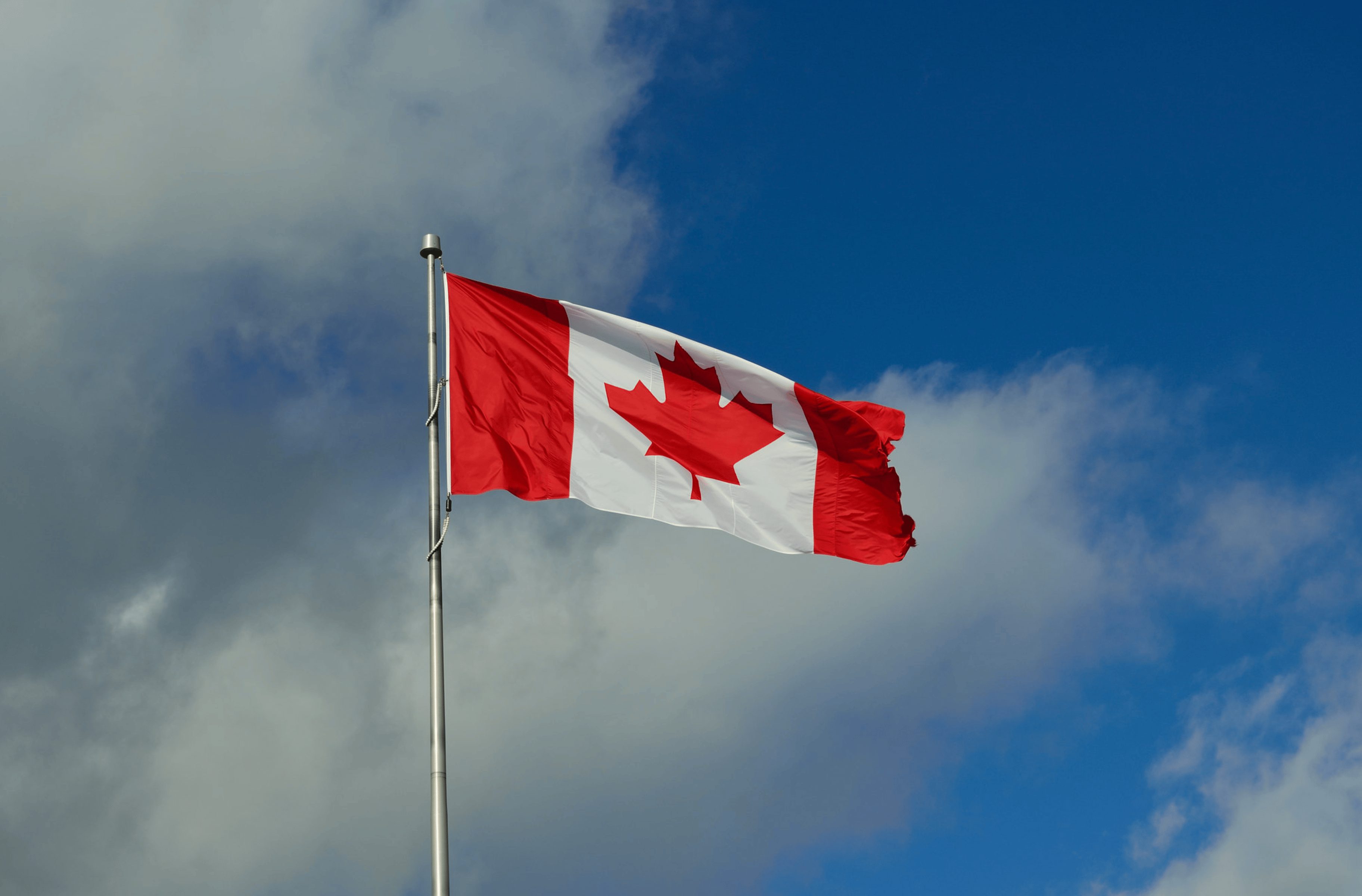Canada takes action on ‘forever chemicals’ in consumer products and packaging

Business
The Canadian government is introducing new measures to limit the potential risks of per- and polyfluoroalkyl substances (PFAS), commonly referred to as "forever chemicals," which are widely used in consumer products, including food packaging, clothing, cosmetics, and electronics.
A newly published State of Per- and Polyfluoroalkyl Substances (PFAS) Report has concluded that PFAS, excluding fluoropolymers, pose risks to both human health and the environment. These synthetic chemicals are known for their persistence, resisting degradation over time and accumulating in living organisms. Studies indicate that exposure to PFAS can affect multiple organs and biological systems, including the liver, kidneys, immune system, and metabolism. In the environment, they have been found to be harmful to wildlife.
In response, the Canadian government is proposing to add PFAS, excluding fluoropolymers, to Part 2 of Schedule 1 of the Canadian Environmental Protection Act, 1999 (CEPA). This classification would enable stricter regulatory measures to control their use and potential phase-outs in certain applications.
The regulatory process will take a phased approach. From 2025, the first phase will target PFAS in firefighting foams to reduce exposure risks for firefighters and minimise environmental contamination. The second phase will focus on restricting PFAS in consumer products where their use is not essential for health, safety, or environmental protection. This includes food packaging, textiles, and cosmetics.

Additionally, from 2025, manufacturers and other facilities using PFAS will be required to report their usage to the National Pollutant Release Inventory. This will provide better insight into how these substances are used in Canada and support efforts to limit industrial contamination and public exposure.
The Canadian government is inviting public feedback on the proposed regulations, with comments open until 7 May 2025. Engagement with stakeholders is expected to continue in the coming years as part of an ongoing effort to protect public health and the environment.
Related News
-
Sustainability
FloWater saves one billion plastic bottles from landfills and oceans
-
Business
U.S. EPA takes action on PFAS in plastic containers
-
Business
FDA: PFAS phased out of U.S. food packaging
-
Sustainability
New study exposes widespread presence of toxic 'forever chemicals' in Canadian fast food packaging
-
Sustainability
Canadians show strong support for single-use plastics ban




